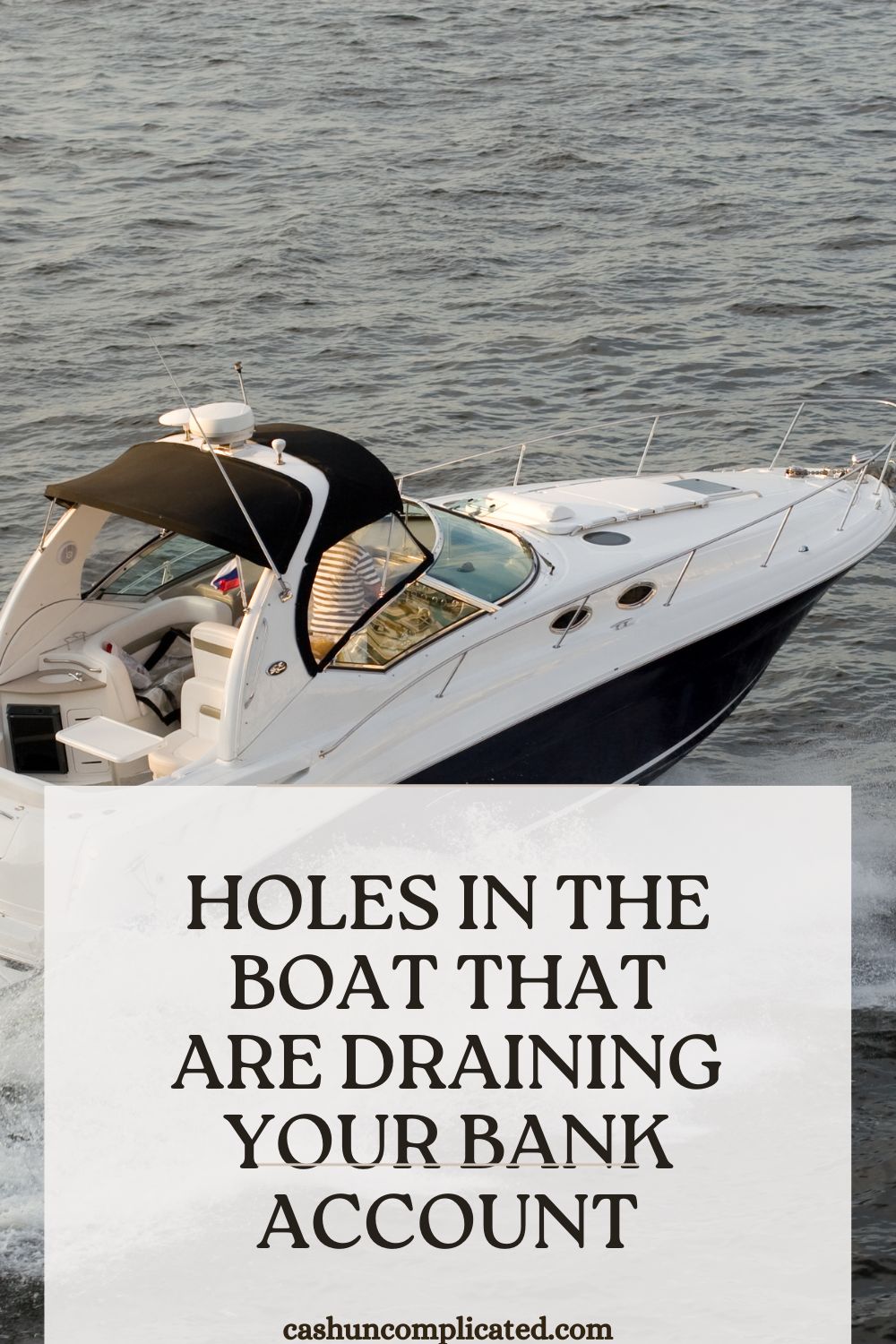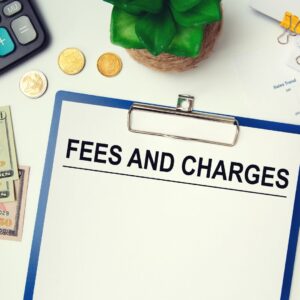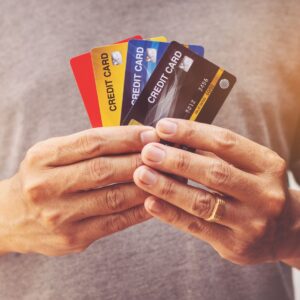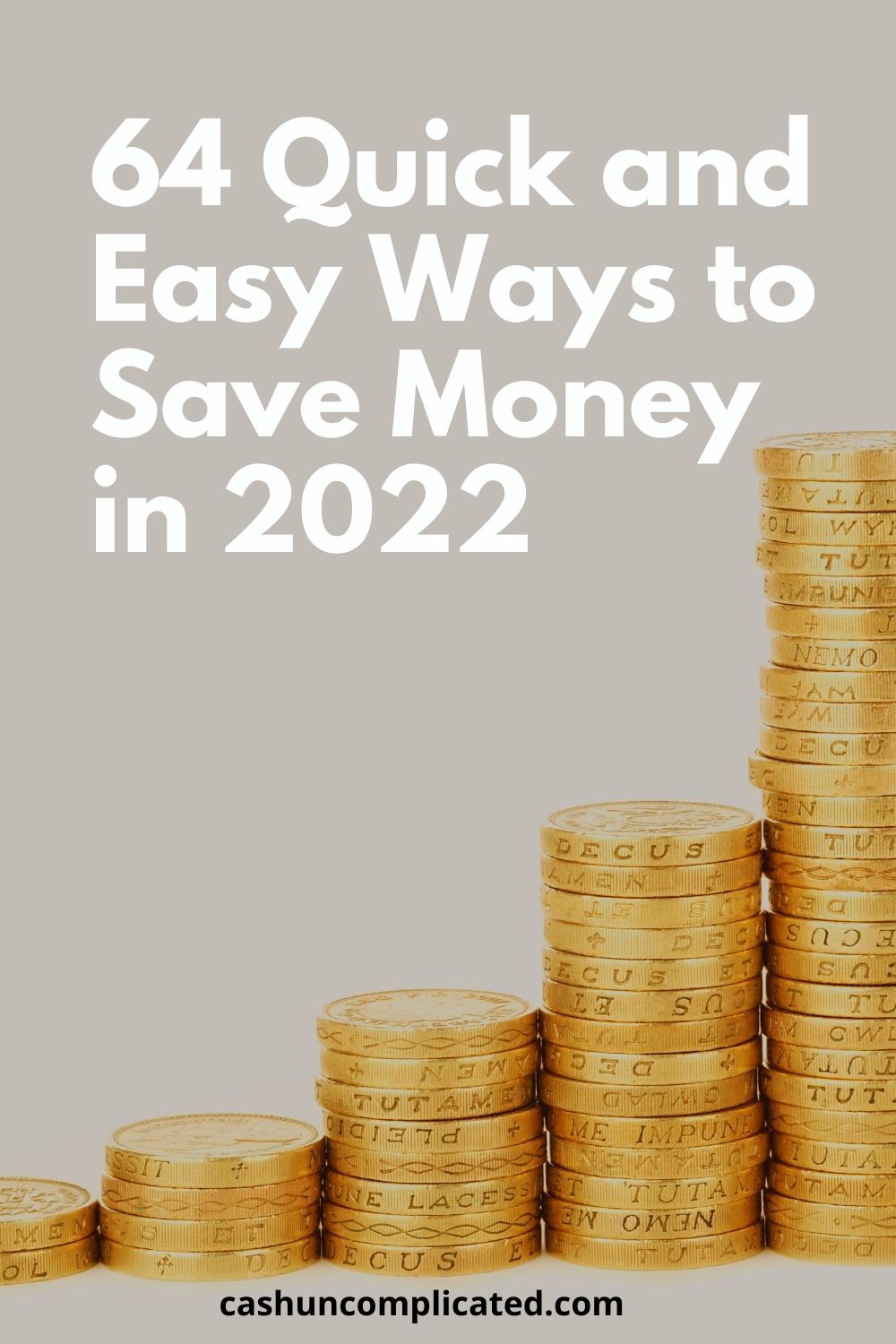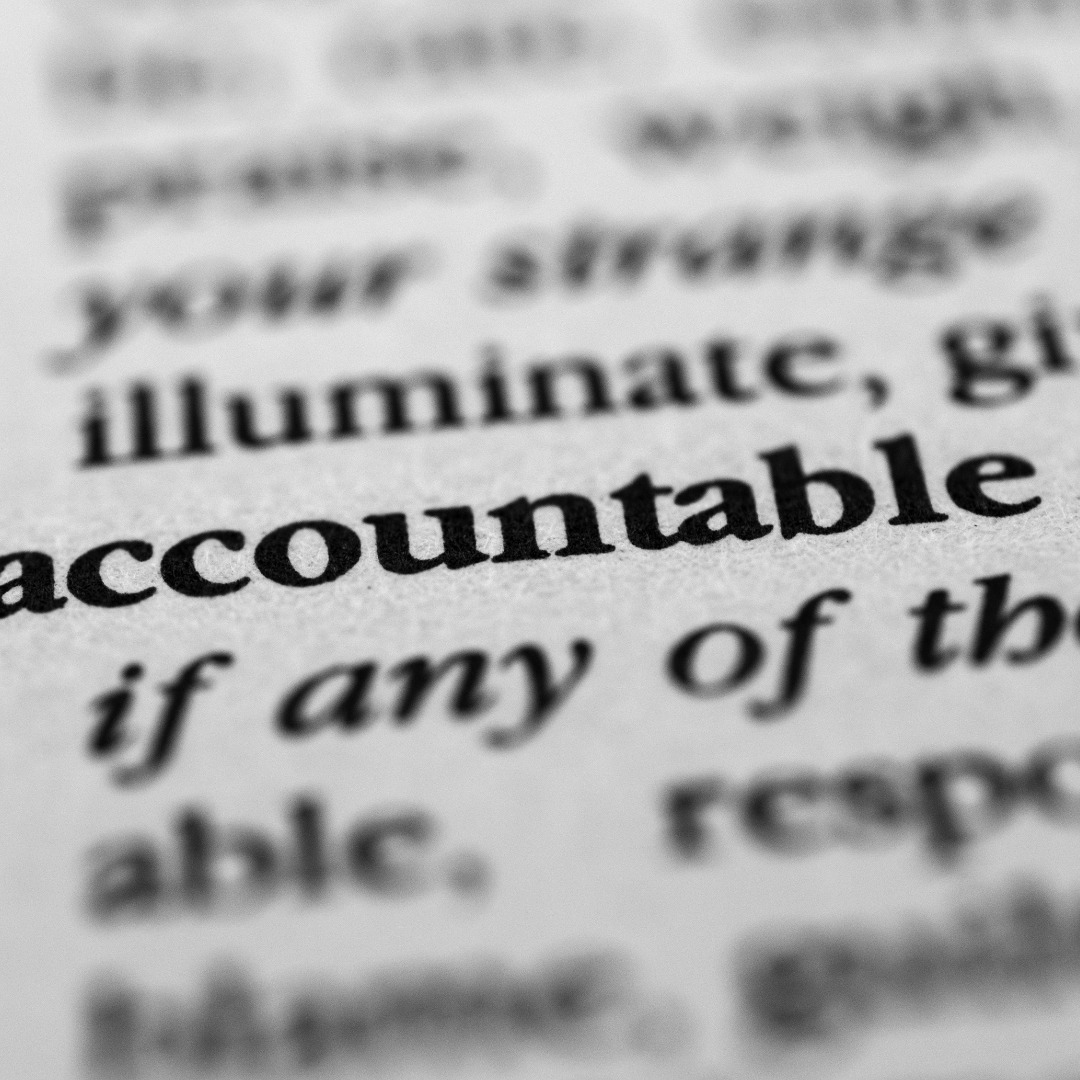There’s a personal finance analogy about holes in the boat draining your bank account. The more holes you have, the more likely your boat is going to sink. Plug up those holes, or don’t let them get started at all and you’ll have less money issues to deal with.
Check on Your Money
It’s important to periodically check up on your money. As time passes and the days and years go by, things can start to slip. An unused subscription you forgot to cancel, a credit card you don’t use that you’re paying an annual fee on, etc.
Before you know it, you have holes in the boat letting water in. Periodically checking on your money helps patch up those holes and get you in the habit of not allowing them to form in the first place.
Holes in the Boat Draining Your Account
I wrote a list of six holes in the boat that can drain your bank account. Some of these are little holes that add up to big nuisances and others are really big holes right from the start. Holes that you never want to allow to form.
Number 1: Unused Subscriptions
One or two unused subscriptions isn’t going to prevent you from being a millionaire or financially independent. But it doesn’t help. The goal is to get unused subscriptions down to zero, because why pay for something you don’t use?
When you get to multiple unused subscriptions is when you’ll really start to notice it in your bank account. Some people are paying over $100 every month for something they never use. Take the time to go through your subscriptions and eliminate the ones you don’t use, don’t care about, or hardly use.
Number 2: Takeout
I don’t have a problem with takeout. What I’ve always had issue with though is getting takeout due to lack of planning and intentionality.
- “Nothing sounds good tonight so let’s just get takeout somewhere.”
- “Practice is running late, we can grab some food on the way home.”
- “I don’t have anything ready, we can just get takeout or something.”
All these statements are a result of poor planning and lack of intentionality. With some basic planning, you can eliminate a lot of reasons for getting takeout.
If practice runs late, you can have leftovers or use some of the extra chicken you cooked the other day. Or a quick frozen meal that’s healthier and a fifth of the cost of takeout.
One other issue I have with takeout is that so many people get it on autopilot. It’s almost like automatic programming to stop somewhere on the way home from work, practice, or some other activity. There’s almost no thought put into it and no added enjoyment either.
Takeout should be reserved for days when you want to celebrate something small, have a special treat, or are really craving a certain restaurant. Not for lack of planning or living life on autopilot.
Number 3: Snacks Not Brought from Home
This next hole in the boat has a lot of similarities to takeout. Buying snacks on the go or at work is usually a result of lack of planning and intentionality.
If you’re in the habit of buying snacks at work, try going to the store and purchasing some of your favorite snacks that can easily be stored in a desk or in your office somewhere. Then, instead of running down to the vending machine or food cart, just grab the snacks from your office.
If you need to get out of the office, take a little walk before you have your food. That serves the same break purpose as a trip down to the food cart.
Same thing if you’re on the go. Keep some snacks in the car (that won’t go bad of course) or bring some in a bag without you. That way you’re not scattering to find something to eat the minute you get a little bit hungry. Just grab what you brought from home and eat that at a fraction of the cost.
Number 4: Late Fees
Late fees are one of the biggest holes in the bucket draining your bank account. The good news is that they can easily be plugged up with some quick action.
Either set up automated bill pay or put yourself on some sort of a schedule to pay your bills on time. Or create a hybrid of both. I am on automatic bill pay for almost everything–electric, mortgages, insurance, etc.
The one thing I pay manually is my credit card bill because I want to make sure I’m looking through the bill in its entirety, plus the bill fluctuates more than anything else. I pay my bill off in full but the fluctuations occur because some months I might have a big purchase while another month is more status quo.
Regardless, I still have a calendar reminder to pay off the bill so I don’t accidentally miss it.
Setting up systems like this will help you avoid late fees entirely because you’ve got the infrastructure in place. My goal is to never have a late fee. If you have to pay it anyway, might as well pay it on time and keep more of your money.
Number 5: Fees You’re Unaware Of
You can do almost everything right and still miss some things. This is especially applicable when it comes to fees you’re unaware of. That could come in the form of:
- An annual fee on your credit card that you missed the email about
- Checking account fees that can usually be avoided by utilizing direct deposit or keeping a higher minimum balance
- Higher investment fees than normal
- And much more
The solution here is to set aside some time during the day and look at all your statements. Read through any charges or fees and make sure it’s appropriate. If there are larger fees, or unexpected ones, find a way to solve it. That could be by calling the company, keeping a higher balance, or finding another company altogether.
I just recently switched a brokerage account because the fees were higher than I initially thought. So I moved to another company that provided better service, charged lower fees, and gave me more autonomy over my investments.
Number 6: Consumer Debt With High Interest Rates
Last, but not least, consumer debt with high interest rates. For most people, this is probably the biggest hole in their financial boat. High interest consumer debt is a constant burden on your money. The money compounds in the wrong direction and you have to make large payments just to stay afloat.
There’s a saying that you can’t “out-invest” consumer debt. Meaning if you have 20 percent interest or more on your credit cards, you are unlikely to find an investment that’s going to beat that amount. So your best bet is to pay off the debt as quickly as possible.
For tips on paying off consumer debt, I recommend my book Cash Uncomplicated. I have also written several posts about paying off debt, a few of which can be found in the links below.
Finally, choose a debt-payoff strategy that works for you. Debt snowball, debt avalanche, or the hybrid method are all three great options. I explain all three in this post, or you can read about them in more detail in my book.
So plug up the biggest hole in your boat and rid yourself of all consumer debt. It will give anyone a fresh start and allow you to start compounding in the right direction.
Conclusion
Too many holes in the boat will drain your bank account. A hole here and there can easily be patched up and you can keep going. But too many holes like massive consumer debt, late fees, and a bunch of unused subscriptions will start to let water in faster and faster. If you’ve got holes in your financial boat, start patching them up now. If you don’t have any, keep doing what you’re doing.
What other financial holes in the boat are there?

